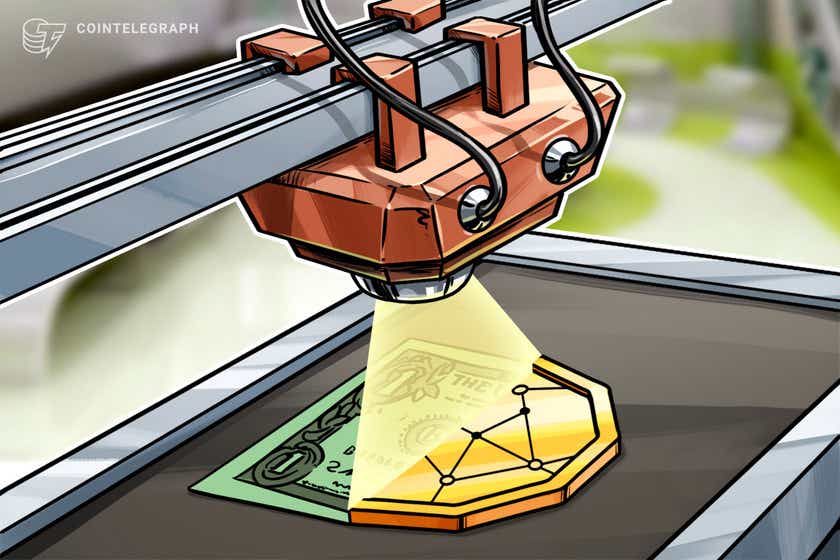Buying crypto with credit card is now indirectly banned in Taiwan
In its note to banking sector, a chief financial regulator likens virtual assets to online gambling.
214 Total views
4 Total shares

Taiwan’s Financial Supervisory Commission (FSC), a chief financial regulator, issued a note to the banking industry, indicating that they should not grant the virtual assets providers (VASPs) the status of merchant in operations with credit card holders. That means a de-facto ban on buying crypto with a credit card on the island.
As the local media reported on Thursday, July 21, The Financial Supervisory Commission sent a letter to the Association of Banks in early July, reminding the members of the Association of Banks that virtual assets are highly speculative and risky, and the cash flow is complex and challenging to monitor transactions effectively.
The regulator has also specified that credit cards are essentially consumer payment tools, not investment and wealth management or payment tools with high speculative, high risk and high financial leverage transactions. It referred to the longstanding tradition of preserving credit card holders from paying for online gambling, stocks, futures and options, among other things.
The FSC requires banks to adjust to the new guidelines within 3 months. After that, the audit unit must review its internal compliance and report the results to the regulator.
It is not the first time FSC has taken action or voiced its skepticism about crypto. Last year, the regulator issued several press releases to remind the public of related risks associated with virtual assets.
Related: Shanghai included blockchain, NFTs and Web3 in its 5-year plan
In July 2021, Taiwan enacted the renewed anti-money laundering (AML) requirements for cryptocurrency exchanges, based on the Financial Action Task Force’s recommendation.
At the end of June governor of the Central Bank of the Republic of China (Taiwan), recommended a no-interest design for the country’s central bank digital currency (CBDC) pilot. Taiwan is currently in the second stage of its CBDC pilot program, where its central bank provides the CBDC to five selected Taiwanese banks for distribution among consumers.









